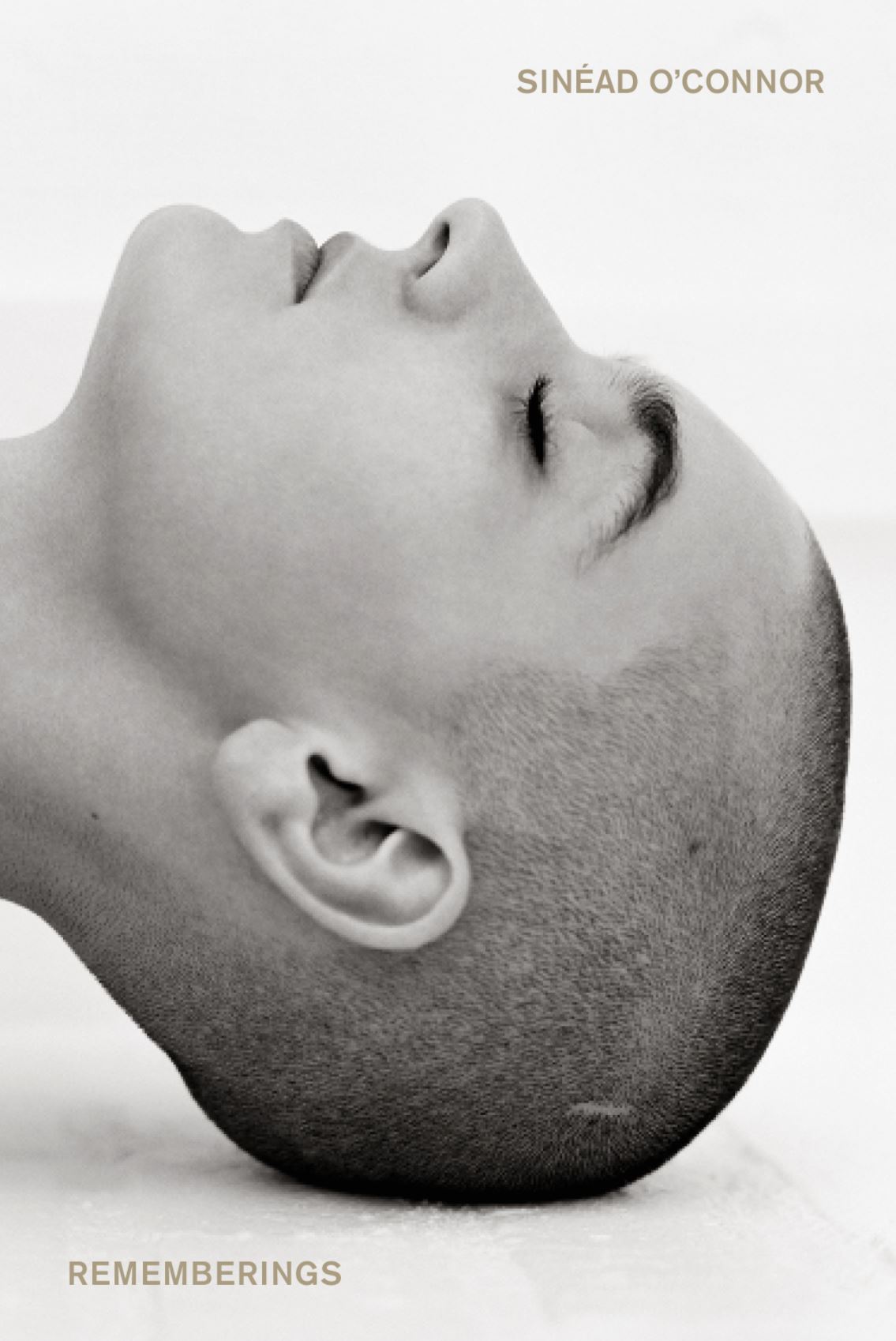Intro for May 19, 2021



Dear Gossips,
The first thing I read this morning was the New York Times profile on Sinead O’Connor. Her memoir, Rememberings, is due out next month and she finally tells the story about Prince that she’s been promising for a while now, alleging that he “terrorised” her one night to the point where she “escaped on foot in the middle of the night” and then he followed her in his car and ended up getting out and “chased her around the highway”. That’s what will be making headlines today but it’s just one memory in a book that’s clearly bursting with them and one part of a piece, written by Amanda Hess, that adds Sinead O’Connor to the list of famous people whose public narratives we are re-examining in these times through a wider and kinder lens. Should Sinead O’Connor have been vilified the way she was back in 1992?
https://twitter.com/BetteMidler/status/1394834075144409090?s=20
Sinead has been processing this for almost 30 years now. And while there is no doubt that she may never fully recover from the trauma of all that backlash, she does reframe her moment on Saturday Night Live as a liberation from pop stardom.
“O’Connor saw herself as a protest-singing punk. When she ascended to the top of the pop charts, she was trapped. ‘The media was making me out to be crazy because I wasn’t acting like a pop star was supposed to act,’ she [tells Amanda Hess]. ‘It seems to me that being a pop star is almost like being in a type of prison. You have to be a good girl.’ And that’s just not Sinead O’Connor.”
Well doesn’t that sound too familiar. As Amanda Hess writes, “O’Connor’s memoir arrives at a time when the culture seems eager to reassess these old judgments” as many of us are relitigating attitudes, perspectives, and ourselves in this time of unlearning. And still, Amanda goes on, "These moments of cultural reassessment can feel like the awarding of a consolation prize; the fallout of past judgments can never truly be reversed."
In Sinead’s case, this has resulted in exile – socially imposed on her initially and now, seemingly, self-imposed and while she tells Amanda that she prefers to be alone, Amanda notes “complex post-traumatic stress has translated into agoraphobia, and her life circumstances have not always allowed for people to stay close”. Which is why it’s so beautiful and heartbreaking too that these days, for the first time in literally decades, she has friends. Friends who bring over fresh-baked bread. Friends who have her back. Friends who just want to hang out and talk. “It’s lovely having friends,” she says. And it really, really is. To the point where it might actually be a human right. So it’s all the more tragic that it’s only something she’s experiencing now for the first time as an adult.
If you haven’t already, head to the NYT to read Amanda Hess’s outstanding profile on Sinead O’Connor.
Yours in gossip,
Lainey
